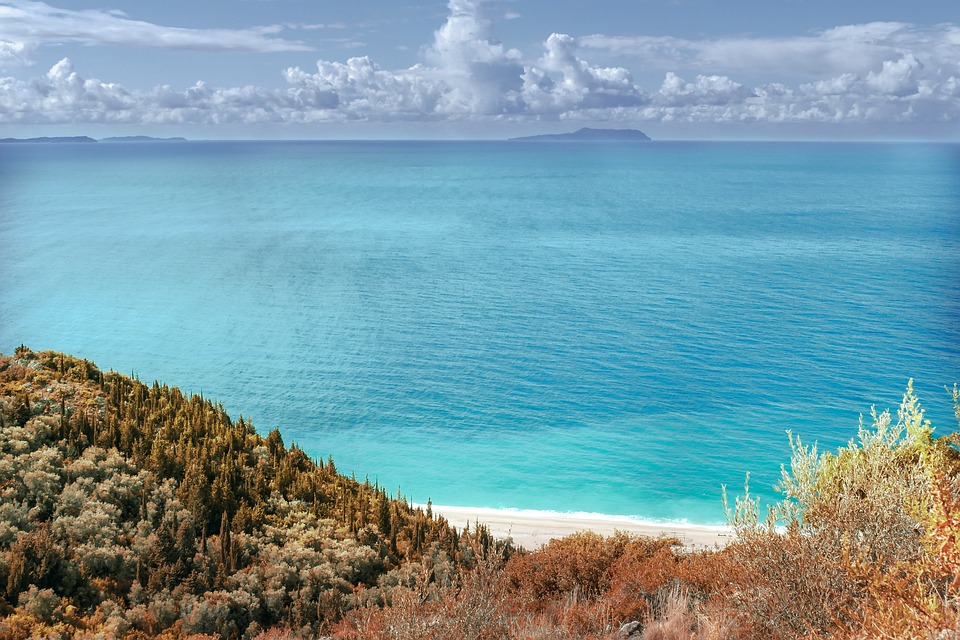One of the most striking aspects of Albania’s history is its ancient roots. The country has been inhabited since the Paleolithic era, and evidence of this can be seen in the numerous archaeological sites scattered throughout the country. One of the most important sites is Butrint, a UNESCO World Heritage Site that was first settled by the Greeks in the 7th century BC. Over the centuries, Butrint was inhabited by the Romans, Byzantines, and Venetians, each leaving their mark on the site. Today, visitors can explore the ruins of a Roman amphitheater, Byzantine churches, and Venetian fortifications, providing a window into Albania’s ancient past.
In addition to its ancient history, Albania is also known for its unique cultural heritage. The country’s traditions and customs are a blend of influences from its neighbors, including Greece, Italy, and Turkey. One of the most famous cultural traditions in Albania is the practice of blood feuds, known as Kanun. While this custom is no longer as prevalent as it once was, it is still an important aspect of Albanian culture and history.
Albania is also known for its vibrant music and dance traditions. Traditional Albanian music is characterized by its haunting melodies and intricate rhythms, with instruments such as the cifteli and lahuta featuring prominently. Albanian folk dances, such as the Valle, are also an important part of the country’s cultural heritage, with each region having its own unique style of dance.
Another important aspect of Albania’s culture is its cuisine. Albanian food is a delicious blend of Mediterranean and Balkan flavors, with dishes such as burek (a savory pastry filled with meat or cheese), qofte (grilled meatballs), and tave kosi (baked lamb with yogurt) being popular choices. Albanian cuisine is also known for its use of fresh, local ingredients, with many dishes incorporating ingredients such as olives, tomatoes, and feta cheese.
For those interested in exploring Albania’s history and culture, there are numerous opportunities to do so. The country is home to a wealth of museums, galleries, and cultural sites, where visitors can learn about Albania’s ancient past and vibrant traditions. Some must-see attractions include the National Historical Museum in Tirana, the Archaeological Museum in Durres, and the Ethnographic Museum in Gjirokaster.
In conclusion, Albania is a country with a rich and diverse history and culture that is just waiting to be explored. From its ancient ruins to its vibrant traditions and customs, Albania offers a glimpse into a world that is both fascinating and unique. Whether you’re interested in history, culture, or cuisine, Albania has something for everyone to discover and enjoy.




























Add Comment